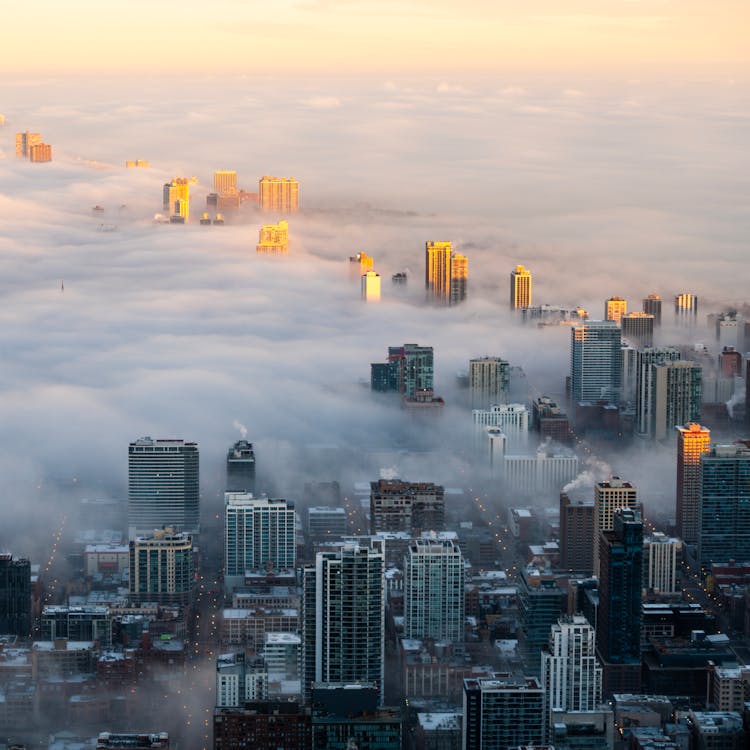Pollution Insurance – Should small companies and non-manufacturers worry about it?
Property Casualty360, a national underwriter company, published an article by Joyce Anne Grabel, which will make you think about carrying pollution incident insurance. She states:
“The CEO and board of directors of a large chemical manufacturer know its pollution-related risks and undoubtedly have the required pollution and D&O insurance to cover the company’s exposures. Pollution liability is a key component of risk management at such companies. At smaller companies and non- manufacturing firms, however, pollution-related exposures may be an afterthought — if they’re a thought at all. And yet, these directors and officers face myriad pollution-related risks that they may be held liable for. Consider these examples:
- A leaky valve that goes unnoticed causes process wastewater to run into a nearby waterway.
- An event that requires Environmental Protection Agency or Chemical Safety Board investigation causes the insured’s facility and nearby business to shut down for weeks.
- The surrounding neighborhood is evacuated for days because of pollution from a fire or chemical leak at the insured’s facility.
- A liquid substance (such as hydraulic fluid) is accidentally released into a storm drain, requiring extensive and costly mitigation.
- A third party’s product is contaminated by a malfunctioning piece of equipment or an ingredient sold by the insured.
- A consumer ingests a product produced by the insured that causes illness.
- The HVAC system at an office, apartment complex, hotel or medical facility is found to be contaminated with mold or bacteria, exacerbating or causing health problems in employees or residents.
- A natural disaster is compounded by the release of toxins from the insured’s facility, leading to massive cleanup costs and lawsuits from affected neighbors and communities.
- Shareholders whose shares lose value following a pollution-related incident sue the directors and officers, claiming they had prior knowledge of the problem and allowed it to go unabated.”
She goes on to ask questions such as What pollution hazards exist? How can these hazards cause harm, and who will they harm? Most of us have never even thought our offices could cause any pollution incident let alone directors and/or officers being sued. Read on for further insights into a possible pollution exposure.
